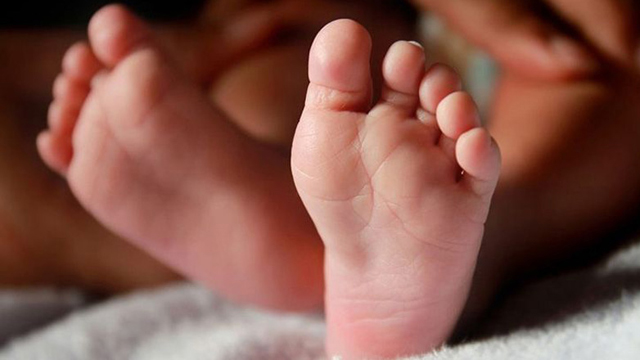
President of mothers2mothers (m2m), Frank Beadle de Palomo, has stressed the urgent need to address Nigeria’s high child mortality and maternal health challenges, noting the significant health issues Nigeria faces.
He noted the organisation’s Mentor Mother programme, a peer-led, community-centred approach that has already achieved notable success across Africa.
Palomo disclosed this in Abuja during the official launch of m2m in Nigeria, stressing that the organisation’s efforts consistently meet the UNAIDS 95-95-95 targets for enrolled clients, contributing to healthier lives for women and families, and helping a new generation start life HIV-free.
He underscored the urgent need to address high child mortality rates and maternal health challenges in Nigeria, calling for immediate action to improve healthcare access.
He said: “Nigeria is a country of incredible diversity and resilience; it also faces significant health challenges, particularly in combating HIV. Currently, just 34% of women receive HIV treatment and care services. Nigeria’s maternal mortality rate is 512 per 100,000 live births…seven times higher than the 2030 SDG target.”
He said as part of its expanded model, m2m is now training Mentor Mothers to deliver primary healthcare services, including HIV testing and screening for non-communicable diseases (NCDs) and cervical cancer.
Palomo said: “Since our beginnings in 2001 at a single site in Cape Town, South Africa, we have expanded our reach across the African continent. Today’s launch makes Nigeria the 11th African country we are currently working in.
“Over the past 20 years, we have maintained our focus on ending paediatric HIV, while also evolving to provide integrated primary healthcare and educational support to women, children, and families through our peer-led, community-centred Mentor Mother model.
“Nigeria is a country of incredible diversity and resilience; however, it also faces significant health challenges, particularly in combating HIV. Currently, just 34% of women receive HIV treatment and care services. Nigeria’s maternal mortality rate is 512 per 100,000 live births, seven times higher than the 2030 SDG target.”
In his remarks, the Director General of the National Agency for the Control of HIV/AIDS, Dr. Temitope Ilori, represented by Deputy Director Dr. Miriam Ifeoma Ezekwe, noted that HIV remains a serious threat to maternal and child health in Nigeria, contributing to high mortality rates and economic strain.
He said: “Globally, only half (52%) of children living with HIV are on life-saving treatment, far behind adults where three-quarters (76%) are receiving antiretrovirals, according to data just released in the UNAIDS Global AIDS Update 2022. The picture is grimmer in Nigeria, with only 16% of children living with HIV on ART.
“Data reviewed towards the development of the National HIV & AIDS Strategic Plan (2023 to 2027) revealed poor progress between the conduct of the National AIDS Indicator and Impact Survey (NAIIS) in 2018 and 2023.
“We regressed on three key indicators – the proportion of pregnant women who tested for HIV and received their results in the last 12 months dropped from 34% in 2019 to 26.8% in 2021; the proportion of HIV-positive pregnant women who received ART decreased from 43% (2019) to 32% (2021); and the percentage of HIV-exposed babies that had early diagnosis was 14% (2021).
“There was only a marginal reduction in the rate of MTCT from six weeks – 16.5% (2019) to 16.3% (2021). In 2022, only about 32% of HIV-positive pregnant women received ART, and 14% of HIV-exposed infants received virological tests for HIV within two months of birth.”
The launch reflects m2m’s commitment to strengthening partnerships aligned with the Paris Declaration to eliminate new infections and sustain progress against HIV.
“Through the Mentor Mother program, local women trained to provide healthcare and support within their communities aim to create meaningful, long-term health improvements for families across Nigeria.”






